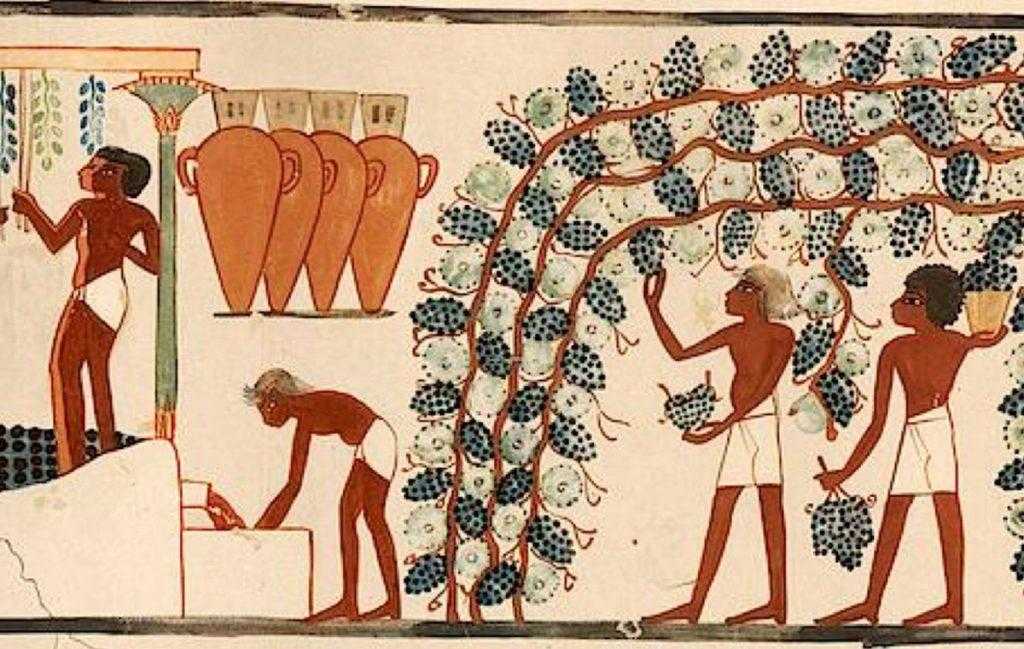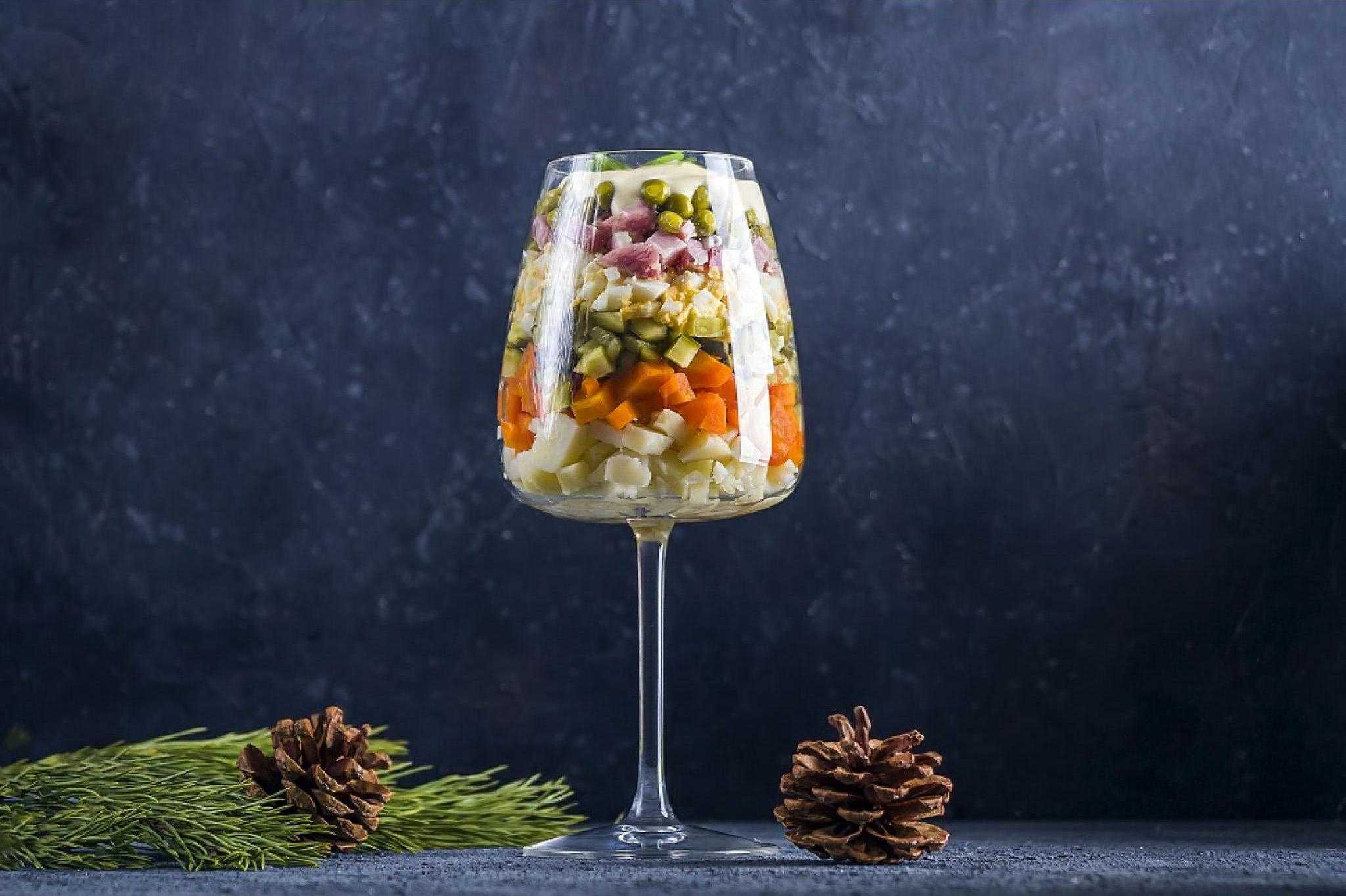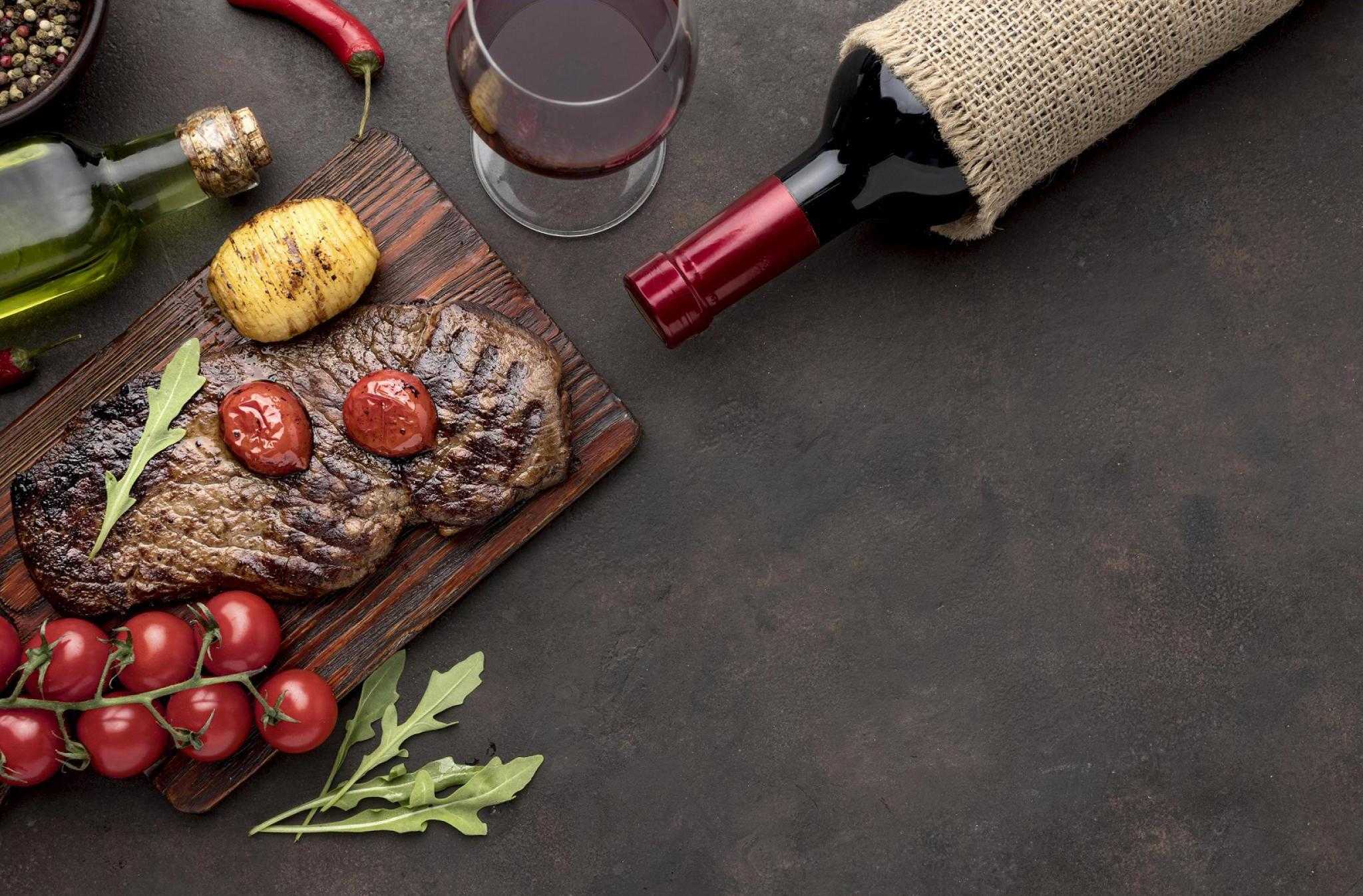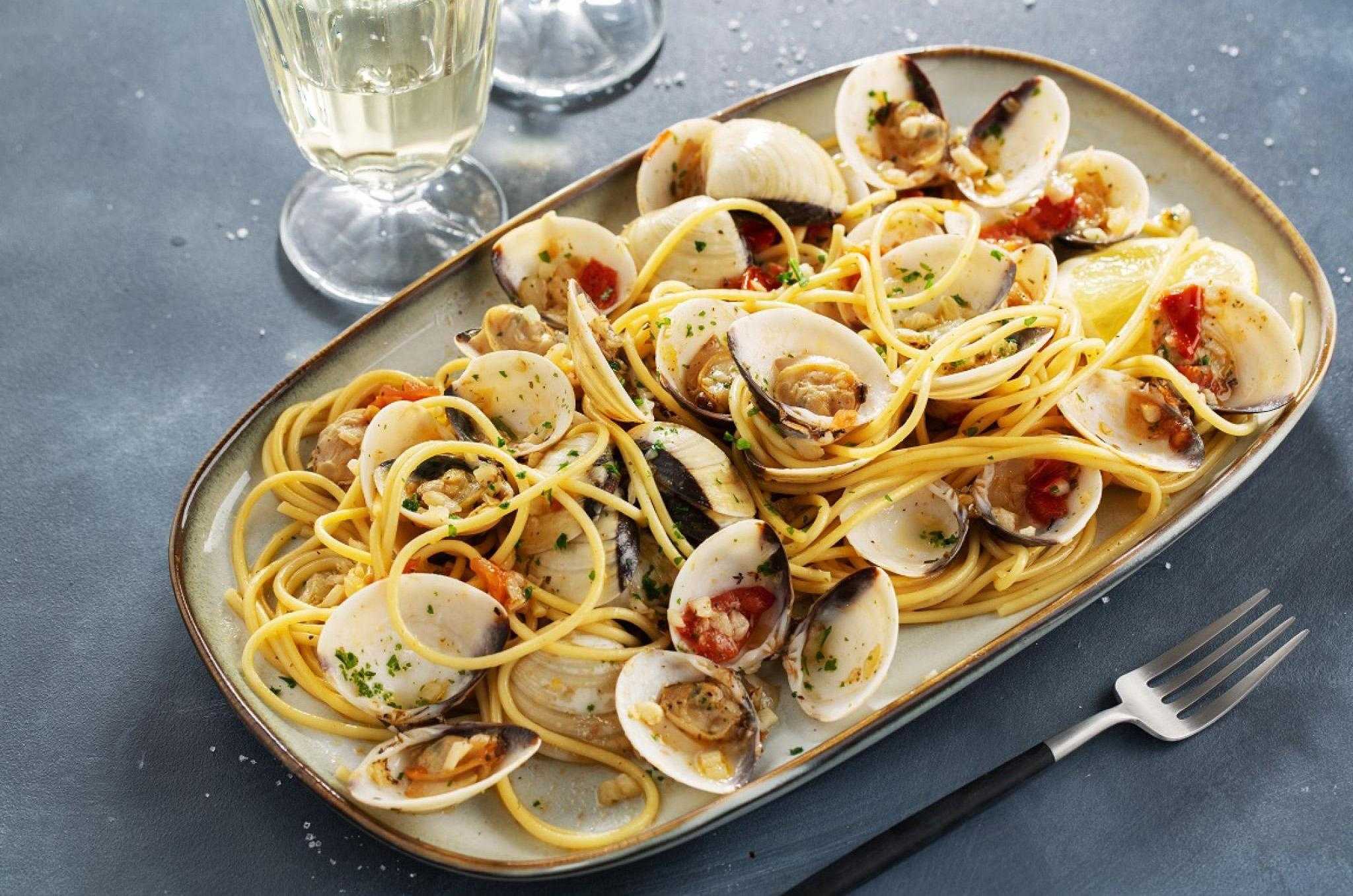The French did not invent wine at all. Surprisingly, the Greeks did not invent it either. Who made this epochal invention in such a way? In fact, everyone and no one – between the Black Sea and the Persian Gulf.
Apparently, the first vine grower was Noah himself. Having landed after the flood on the slopes of the Caucasus, specifically in the vicinity of Mount Ararat, he took up the cultivation of vines. One day (probably by accident, as it happened with great discoveries) Noah discovered the intoxicating properties of the fruit of this plant.
There is a small grain of truth in this old tale. It is in Georgia that the oldest wine-making certificates were found. It seems that this wonderful drink was known in those areas already seven centuries before Christ! In fact, however, it is difficult to say unequivocally where the vine vitis vinifera, also known as the vine or vine, comes from. Certainly, it was growing in Western Europe already in the Miocene, i.e. in the era when monkeys appeared in Africa.
As for the origin of the name, linguists still have fierce disputes on this topic. Some say that the word comes from the Sanskrit word vena and means intoxicating drink of plant origin. Others, again, attribute the authorship of this pleasant-sounding word to the Hittites. This people left behind clay tablets inscribed with vee-an cuneiform script.
What the truth looked like, we will probably never know. However, the fact that the name of this drink sounds very similar in all languages of the world is puzzling. Starting from Polish wino, through Latin vinum, Greek voinos, Spanish and Italian vino, German wein , French vin, all these terms prove a common origin.
There are countless references to wine in the Old and New Testaments. It is placed in one row with flour, bread and oil, which are the basis of human food. Vineyards and wine are mentioned four hundred and fifty times in the Bible! This is one of the treasures of Canaan, the promised land.
Wine yes, drunkenness no
We owe the dissemination of wine to the Greeks. Hippocrates even argued about the beneficial effect of this drink on human health. It should be emphasized here, however, that drunkenness was not accepted by the Greeks, and the wine they consumed was heavily diluted with water. In fact, even this ancient liquor could not be drunk undiluted. To prevent wine from spoiling, the Greeks fortified it with herbs and thickened it with honey or cane sugar. In addition, due to the lack of wooden barrels, which were not known at that time, wine was stored in large clay jugs and amphoras several meters long. To prevent it from escaping through the porous clay, the vessels were lubricated from the inside with pine resin. This gave it an additional strong smell of turpentine. Such wine could be enjoyed only by the Greeks, who still love this resinous aftertaste in wine. Immediately after the grape harvest, the Greeks drank young, barely fermented wine, which was almost ordinary, very sweet grape juice. However, initially wine was not a common drink at all. Even diluted with a large dose of water, it was an expensive and luxurious product. Only people from the upper social classes could afford them on a daily basis. Simple people quenched their thirst with beer or barley decoction seasoned with herbs.
Hedonism in Roman form
Wine drinking was taken over from the Greeks by the Romans. They invented the grafting of vines, the aging of wine for several years and its storage in glass bottles. Along with the bottle, there was also a cork sealed with resin. The wine gained a new, better taste. But wine drinking in Roman culture did not carry that famous Greek subtlety. Wine was drunk primarily at dinners – prices. They began around eight in the evening and ended at midnight, and often at dawn. The banqueters, finishing the feast, did not stay on their feet from drinking. Often during the feast, they forced themselves to vomit with a feather, so that they could eat and drink more. So the whole company was throwing up from overeating and drinking. The belching and farting at the table was also perfectly decent. Numerous toasts were made with large goblets. The famous abstinence of Emperor Augustus allowed him to drink no more than three cups with a meal. In total, they counted over a liter and it was very little compared to other revelers.
So these riotous Romans did not sin with subtlety and finesse. But it is to them that we owe the extension of the vineyards to the rest of Europe. Conquering the continent, this warlike people planted vineyards along the way. In this way, they reached with their crops as far as today’s Germany. The reasons for their actions were prosaic. Wine was a more hygienic drink than water, and Roman legionaries could use it to quench their thirst without fear of poisoning. It is known that nothing affects the morale of the army as badly as diarrhea. Wine, unlike water, did not pose a threat of poisoning and allowed to conduct military campaigns in the far reaches of the Roman Empire.
From ancient feast to church
The fall of the Roman Empire did not contribute to the decline of the wine drinking culture in Europe. At that time, they were already produced in all lands remaining under the cultural influence of Rome. Wine, widespread in the ancient world, was quickly and without major obstacles accepted in the Christian world. With the spread of the new religion, it was spread all over Europe. Whenever the climate allowed, a vineyard was planted at each newly built monastery. And often a monastery was built on the site of an already existing vineyard. Medieval monks monopolized the wine market. The brothers in habits perfected the methods of viticulture and the art of fermentation, thus creating the foundations of modern winemaking knowledge. It is to the managers of the monastery vineyards that we owe the existence of champagne and the ability to produce white wines from red grapes. What is most interesting, men did not have exclusivity for the wine business. Women’s monasteries were as good as men’s when it came to wine production. In small convents, nuns worked personally, in larger convents, paid labor was employed. The nuns from Remiremont in Lorraine had the best wine in all of Alsace and such an organization of transport that many male convents could envy them.
Along with Christianity, wine also came to Poland. There was a demand for communion wine, and the poor condition of roads and transport costs caused problems with imports. Finally, Polish monks (Benedictines and Cistercians) rolled up their sleeves and started cultivating their own vineyards, which they established in the south-west of the country.
In the era of great geographical discoveries, wine production began in new areas. Thanks to the great travelers, the vine left the borders of Europe. In the 15th century, the Portuguese and Spaniards introduced winemaking to the Atlantic islands and the New World – Mexico, Peru, Bolivia, Colombia, Chile, Argentina and California. The Dutch, in turn, took the vines to South Africa and the British to Australia and New Zealand. To this day, we should be grateful to them for these expansions. In the 19th century, European vineyards were attacked by a dangerous pest: phylloxera. The plague has spread to all the major wine-growing centers, destroying valuable farms. Most of the vineyards had to be recreated using cuttings preserved, e.g. in America and pest-resistant rootstocks. Thanks to this, today we can still enjoy wine made from old grape varieties.
Renata Pyskiewicz – Kowalska
Based on:
Maguelonne Toussaint – Samat, The natural and moral history of food, Grupa Wydawnicza Foksal 2015, pp. 237-278 Sławomir Chrzczonowicz, Lexicon of wines, Wydawnictwo Olesiejuk 2016





